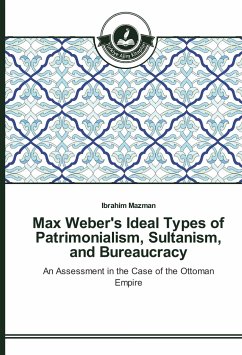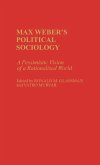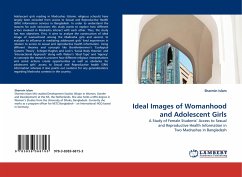In his analysis of the Ottoman Empire, Weber emphasized that patrimonial, even sultanic, rulership relationships, in which the absolute power of sultans remained unrestrained by juridical limitations, prevailed. This study maintains that the Empire, founded on specific bureaucratic legacies of the Eastern Roman Empire, regulated ruler-ruled relationships through legal statute. The Kanûnnâmes, proclamations from the mid-fifteenth century were the first statutes to do so; they endowed Ottoman subjects with legal rights and an independent juridical status. However, this "bureaucratization" did not carry over, as some authors have argued, fully into the Ottoman administration. Rather, the Ottoman bureaucracy retained patrimonial features. Bureaucratic aspects of the Ottoman Empire's juridical system stood in conflict with patrimonial features apparent in the Ottoman rulership bureaucracy. This conflict was pivotal, and defined the Ottoman Empire throughout its long history.
Bitte wählen Sie Ihr Anliegen aus.
Rechnungen
Retourenschein anfordern
Bestellstatus
Storno








